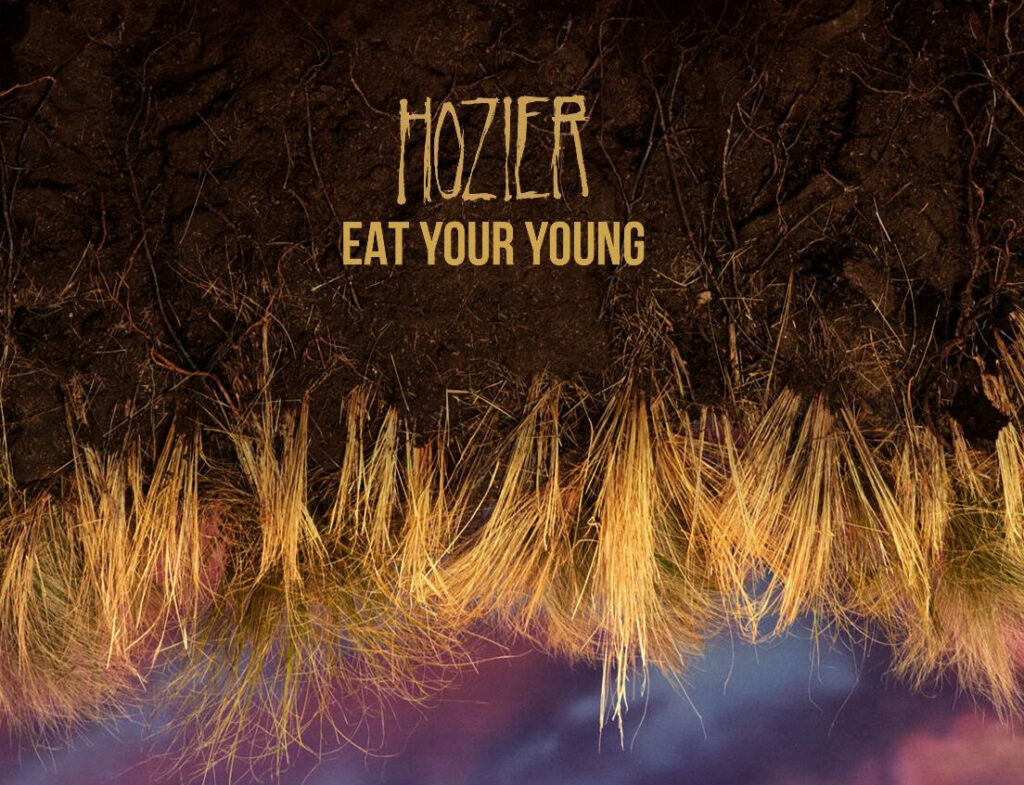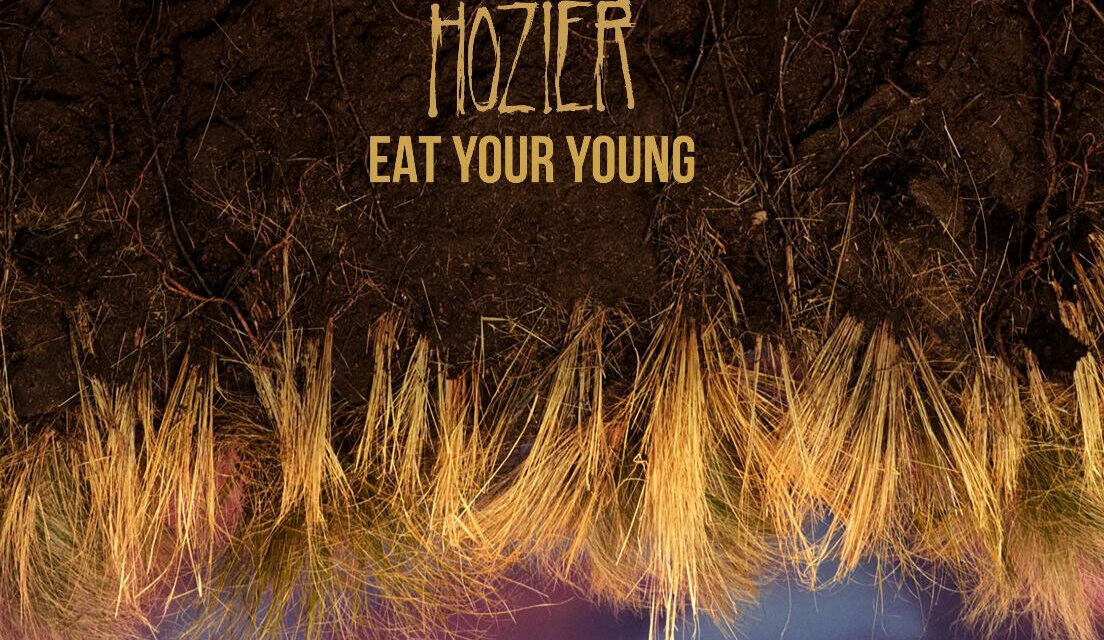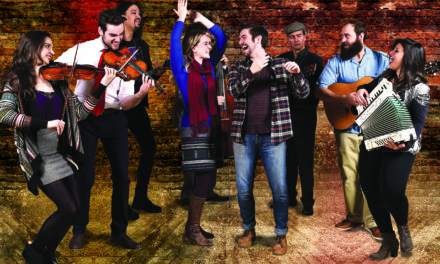
Courtesy of Rubyworks
If you have interacted with the many devoted fans of Andrew Hozier-Byrne online, you will know that they half-jokingly believe him to be an ethereal being. However, this supposed immortality doesn’t stop him from serenading the steadfast mortal in all of us.
The Irish singer-songwriter, commonly referred to as Hozier, released a long-anticipated EP, “Eat Your Young,” on March 17. Its three songs exemplify Hozier’s evolving sound and foreshadow the epic scope of his promised album.
Hozier explained in an interview on “CBS Mornings” that he took inspiration from the poetry he read during COVID-19 Pandemic lockdown, specifically Dante Alighieri’s “Inferno.” Written in the 14th century, “Inferno” is the first part of the Italian poet’s epic “Divine Comedy,” telling the story of a man who descends through the nine circles of hell.
“Eat Your Young,” slams into being with unworldly soprano flourishes and gentle drum beats. Like many Hozier songs, it would be invigorating to dance to — provided that you don’t listen to the lyrics. The titular track is based on a 1729 satirical essay by Irish author Jonathan Swift, in which he daringly suggests that in order to alleviate the wealth gap in Ireland, poorer classes ought to offer up their children as food for the rich. Hozier echoes this darkly comical suggestion in the chorus of “Eat Your Young,” singing, “Seven new ways that you can eat your young … It’s quicker and easier to eat your young.” Urgently repeating this disturbing phrase, he foretells an aching hunger which takes from those less fortunate something that can never be returned. Hozier pays homage to Swift’s criticism, while at the same time ridiculing the constant yawn of capitalism.
The second track, “All Things End,” begins with a metaphor that compares a failed relationship to a “two-tonne weight” crushing Hozier’s chest. The song then unravels into a textbook example of Hozier’s music, featuring the clear influence of classic soul, the word “darling” and an intense finale of clapping in the background of an a cappella chorus. It is a rallying cry against the unknown force that is “forever.” Hozier proclaims, “All that we intend is scrawled in sand / And slips right through our hands,” but urges us to nevertheless “begin again.”As in all the songs in his EP, Hozier creates an atmosphere as if he is singing directly to each and every listener.
You can just imagine him leaning on the piano in a lamp-lit room, serenading as if there’s no tomorrow — and often in his music there isn’t. He has sung about decomposing peacefully in “In a Week” (2014), asserted that “there will be darkness again” in “No Plan” and romanticized “All the fear and the fire of the end of the world” in “Wasteland, Baby!” “All Things End” continues this theme of inevitable death but adds a touch of hope. Hozier now implores that we must summon the strength to continue through the cycles of life, even while knowing “That everything will end.” It is a song of persistence, of slates wiped clean, of love as revolution.
The third track in the EP, “Through Me (The Flood),” continues this idea of human endurance. It opens with the description of “a man … Swimming out beyond the breakers / Like he’s done his life before.” Persistent percussion underlines this idea of subconscious rebirth, of attempting repeatedly to conquer a foe as formidable as ocean waves. This image of one man’s defiance becomes an extended metaphor for the terror that mortality inspires. Hozier invites us to glance down into “a grave … six feet freshly dug,” to “measure loss,” to imagine “the full extent / Of what forever is.” He contrasts the “temporary” nature of life with the “long-term” abyss of eternity, suggesting that it is beautiful and human to struggle against a higher power.
“Eat Your Young” hints at the themes of Hozier’s next album, “Unreal Unearth.” Set to release later this year, the album will reportedly contain “17 or 18 songs,” all reflecting the circles of hell from “Inferno.” The album will hopefully also embrace the style perfected in its predecessor: the cascading passion of soul containing powerful social messages. Hozier wants to say “what’s worth saying,” as well as to urge his listeners to consider for themselves what they “want to leave behind” in this world. He has already triumphantly exemplified this with “Eat Your Young,” urging us in just three songs to fight against the sorrow of mortality, to combat it as a way of ultimately embracing it.
Brigid May is from Holly Springs, North Carolina, double majoring in harp performance and classics/English. Outside of the Wheel, they perform with the Emory University Symphony Orchestra and serve on the Emory Musician's Network executive board. They are a lover of poetry, handmade jewelry, and tarot readings.






![‘[title of show]’ Plays it Safe, Delights](https://emorywheel.com/wp-content/uploads/2016/10/Ruth-Reyes-Photo-Editor-8786-440x264.jpg)
